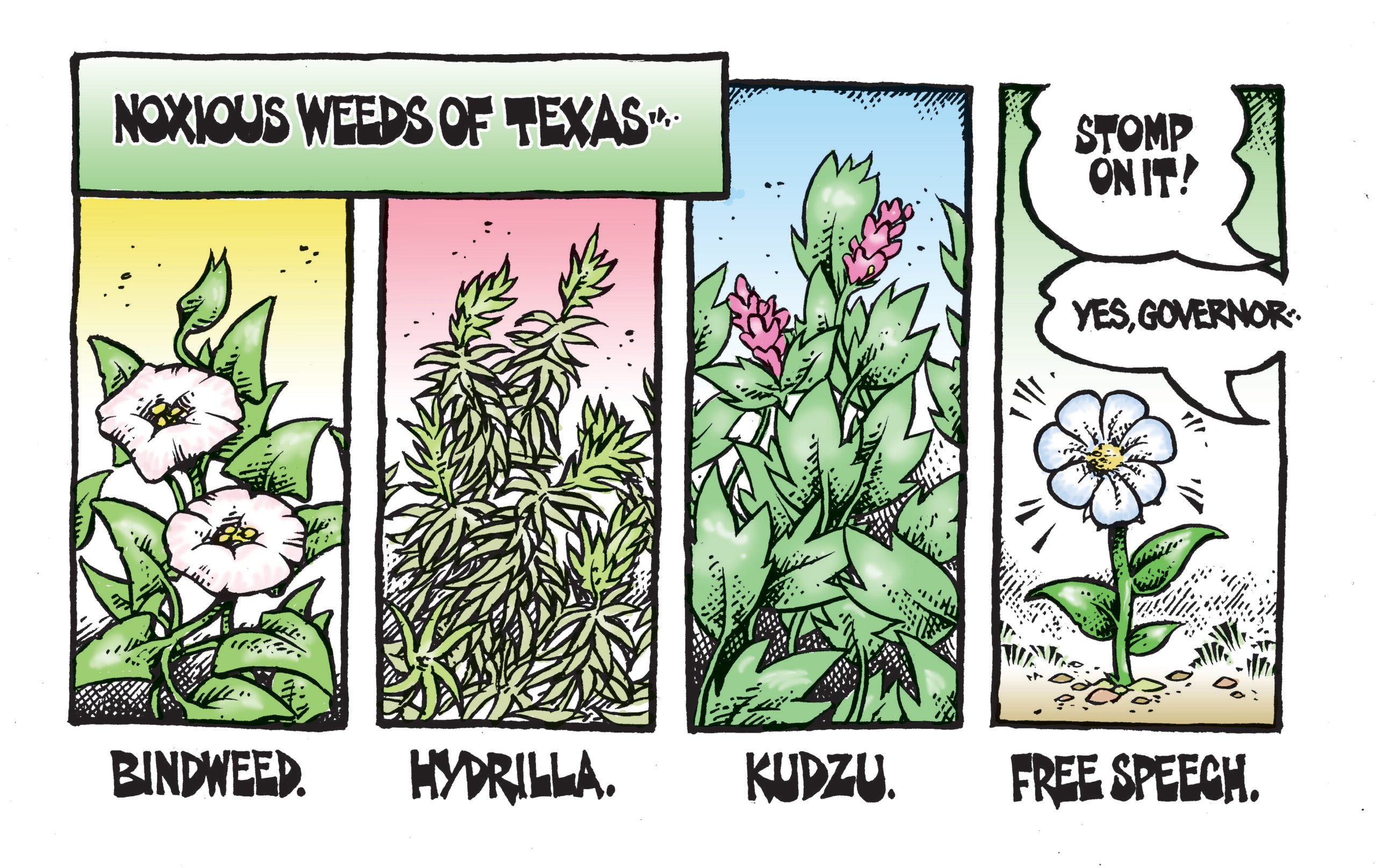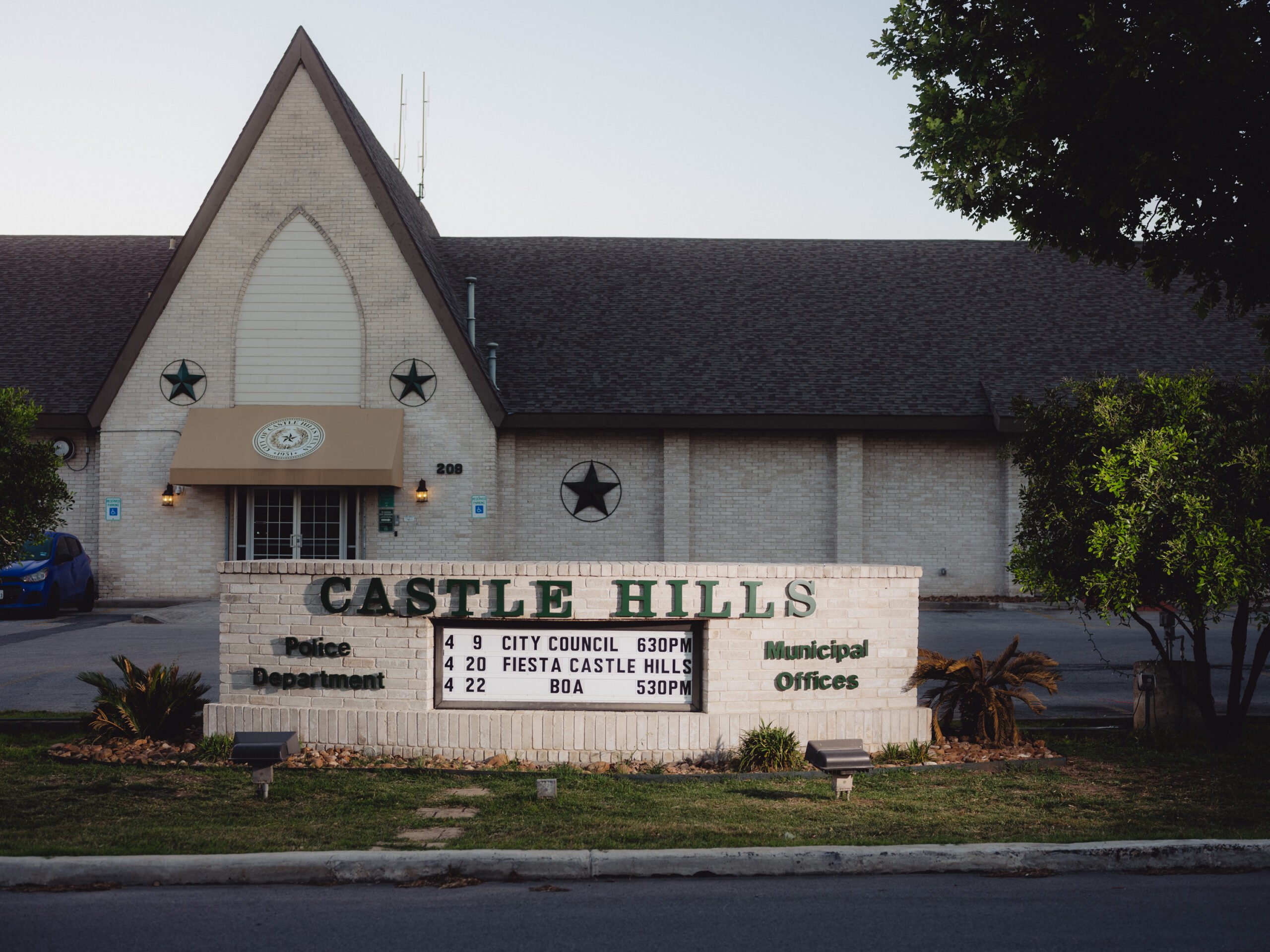ustxtxb_obs_1959_06_27_50_00001-00000_000.pdf
Page 8
Neal Douglass Photo Bedichek in his Tomato Patch The respect of intelligent men’ The one great rule of composition is to speak the truth. THOREAU We will serve no group or party but will hew hard to the truth as we find it and the right as we see it. The Texas Observer An Independent-Liberal Weekly Newspaper Vol. 51 TEXAS, JUNE n, 1959 10c per copy No. 12 ROY BEDICHEK The Natural Man Nature is the complex of all complexities. One part of a man may be as simple and serene as the cow chewing her cud in the noonday shade of a tree a thousand miles and a hundred years away from any milking machine ; and yet the whole of this same man may be as complex as the genius of Shakespearethat is to say, the greatest genius in the world n ere id at fectoi one Itiff man Two things are inextricably mixed : Bedichek himself and Bedichek as a symbol. Some of us who never spent much time with him still more or less realized ourselves in him. He was what we tried to be : Artist, scholar, and primitive all in one. He must have been well aware of this. There is a letter on the table from my old-time roommate and blood brother Ted Thompson Tam lo’ed him like a vera brither ; They had been fou for weeks thegither ! telling of a debate that he and Mr. Bedi were having on a familiar theme. Ted was contending that although there was a real Socratesa stonecutter who went barefoot in the streets of Athens and disputed philosophy with all corners and perhaps even drank all the others under the table at Agathon’s banquetthe Socrates of the Dialogues is Plato’s idealized image of man as the lover of wisdom. But it does not really matter. Maybe Plato overidealized Socrates and maybe we have overidealized Mr. Bedi. Even so, we shall do better for loving the myth we ourselves have helped to make no less than the man himself. I knew Mr. Bedi for years but because of time and chance I knew him better through Ted than by being with him myself. Only once did I spend a full day with him. That happened when I went to Austin to write a rather trivial newspaper story about Frank Dobie. The three of us went out to a little ranch that Mr. Frank had in Burnet County. He had offered to bet that one of the wild cherry trees growing along the creek was at least a foot in diameter. For Dobie, the claim was astonishingly modest. The three of us measured his tree and found that, it was more than two feet in diameter. We hunted for flint chips on the creek flatone bunch of Indians or another left flakes on nearly every creek flat in the whole Edwards Plateau countrybut we found only two chips of flint and one spent .30-30 bullet. We watched two birds having a fight. Mr. Frank and I knew that one of them was a scissor-tailed flycatcher but Mr. Bedi had to explain that the other one was a cowbird and she was trying to lay an egg in the flycatcher’s nest. And I blew a dog-calling horn that was hanging on the back porch of the house, just to see if it would really blow. It would. But the thing I remember best is watching Mr. Bedi wash the dishes after we ate dinner and took a nap. This is a simple act. Millions of people, mostly women, wash the dishes every day. But it is not often that you see an artist, a scholar, a naturalist, and a teacher of young men wash the dishes. Knowing how to do the simple things has got to be a sort of desperate, lost-soul cult with me in the past few years : How to use an axe, a shovel, and a hoe ; how to call the dogs with blowing horn ; how to climb the tree and kick the coon out ; how to build a fire with one match in the middle of a thunderstorm. So I watched Mr. Bedi wash the dishes and I thought, without ever saying so : There is at least one full man left in the world. He writes books, he reads Plato, he can name all the birds without a gun, he loves poetry, and he loves the woods, the prairies, the seashore ; the hawk in the wind ; the blue, blue gentians blooming at the foot of the slope ; the Pointers and the Pole Star and Orion, that have shown the way at night for so many thousands of hunters and seafarers ; the campfire, with its light flickering on the leaves of the trees. “For we are lovers of the beautiful,” Pericles said in the most famous of funeral speeches, “and yet with no loss of manliness.” HUBERT MEWHINNEY ever penetrated. It will be a great deal easier to show Roy Bedichek in the simplicities of naturalness than to express him in the naturalness of the highest intellectual and emotional complexities. His going to bed with the chickens in summertime and not too much later in the wintertime and getting up with the morning star at all times made his friends smile. He favored several kinds of independence common to the country. It did him good, he said, to walk out and empty his blad der on the ground instead of having to go in the house and empty it into a mechanical contrivance. I’ve heard him say that sometimes in the obscurity of beforedaylight he would dig a hole in the ground out in the yard near “the shack”his studyand ex J. Frank Dobie HIS FATHER, James Madison Bedichek, an ex-Confederate soldier, quoted philosophers and talked philosophy at the family dining table. He proved up on a quarter-section of land near the village of Eddy, not far from Waco in central Texas. Here he and his wife ran what they called the Eddy Scientific and Literary Institute, dubbed the Bedichek School by the public. Mrs. Bedichek boarded and roomed some of the pupils. Roy’s aptitude for books was as congenital as that for milk. The atmosphere of literature and of thought was as natural to him as the atmosphere in which a lone buzzard soars over a cedar-covered hill or in which a coyote trots through the mesquite, sniffing for a woodrat’s trail. I would not call his taste exactly austere. He took pleasure in witty limericks, even though bawdy; he could talk for hours With some cedar-chopper whose literary vocabulary was limited to the printing on a bottle of Levi Garrett’s Snuff. I’ve heard him say a dozen times that he crete into it, covering the place with dirt like a cat. It gave him a satisfaction .Ao fertilize the ground. He liked to cook outdoors, eat outdoors, sleep outdoors, look and listen outdoors, be at one with the unexplaining wind from the south, with the swing of the Great Dipper around the North Star, and with the first bob-whiting at dawn. He preferred camping on a hill so that he could watch the firmament, rather than down in a shady valley by water. The last car he bought, in 1951, was a Dodge pickup truck in which he could carry enough water to make his camp on a hill comfortable for a day or two. This pickup was for camp purposes, but he used it to run, about in also, his wife owning a sedan. He got an immense satisfaction out of trucking in cow manure, also occasionally chicken manure, for his compost pile, with which he annually fertilized his garden. He got a satisfaction out of hauling his own wood in from the country; he liked especially cedar stumps that he wouldn’t have to cut for the fireplace. He had complete camp equipment, including a tent-fly to go with the truck. Part of the equipment was a field guide to the flora of the country and a field guide to the birds. He always took along something to read as well as to consult; above all, he took along the most richly and variously stored mind I have known. Not for him the dream of retiring to some primitive land and mating with “some savage woman” to rear his dusky race. For him back to nature was not back to the primitive, there to be saved from “poring over miserable books.” This is a special issue on Roy Bedichek, who died May 21 at the age of 80. He was born in Illinois in 1878 and brought to Texas at five by his teacher parents, who tutored him until he entered the University of Texas. For 15 years after college he bummed around the country and the world. He picked cotton in the South, peeled potatoes on. a river boat, picked berries in New Jersey, washed dishes in a Chinese cafe in New York City, tramped over the English, French and German countrysides, assisted a fake divine in Boston, dug coal and scouted rivers in West Virginia, cut off hogs’ heads in a Chicago slaughterhouse, and homesteaded a dugout in Oklahoma. Mrs. Bedichek says he had “lots of yella hair, and green eyes with lots of spots in them.” With a wife and children, he worked as editor of a newspaper in Deming, New Mexico, secretary of the Deming chamber of commerce, and city editor of the San Antonio Express. Then as the director of the University Interscholastic League of Texas he began to affect the lives of millions of Texas children. Hold before the young, he said, “the same great theme of superior performance and the vi sion of greatness it inspires.” To t h e league’s competitions in sports, speech, music, and writing he gave most of his life. Along the way he became a naturalist, a camper, a gardener, and an intellectual steeped in the classics. With $5,000 from the Texas Historical Society and sanctuary at Walter Webb’s Friday Mountain camp in his late sixties he began to write his books. In the last dozen years of his life he completed four of them: Adventures with a. Texas rankaway Country \(Doubleday Educational Competition book on smells, publication pending. About 11:30 on the Thursday morning of May 21 he asked Mrs. Bedichek for his lunch a . little early as he was excursioning into the country. “I’ve got some corn bread almost done, you want to wait?” she asked. “0 I’ll wait,” he said, sitting on a stool. “I need Southern corn bread.” “Six breaths it was over,” Mrs. Bedichek says. “How could he die in seconds when he had been so strong?” The Texas Senate resolved that he was “known and loved by thousands of Texas children and had the respect of intelligent men.”


